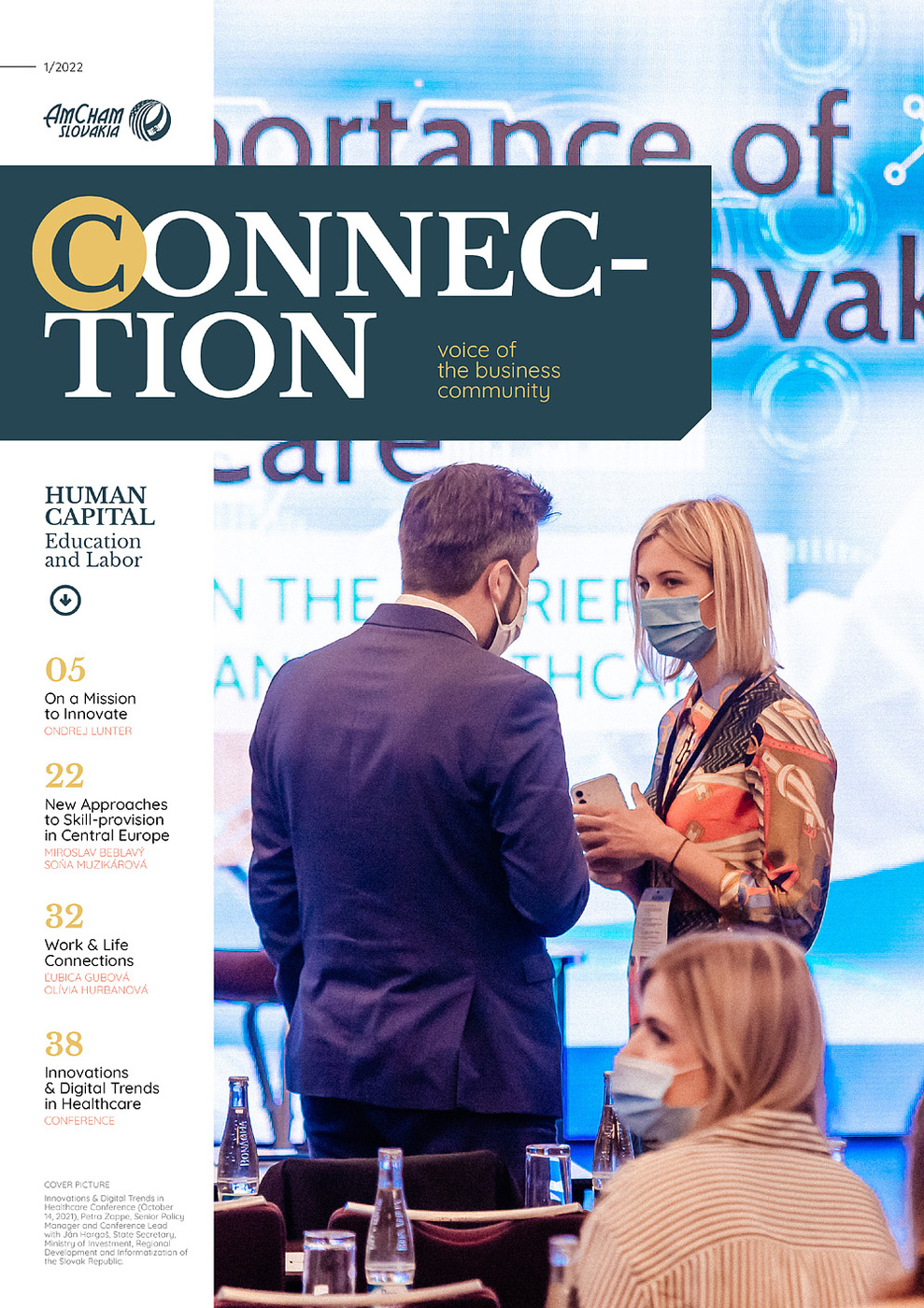Home office and work from home
Before the pandemic, Slovakia was at the tail of the EU in terms of the use of “home office”, with only 3.6 percent of employees having the chance to use this benefit. During the first lockdown, many companies were forced to swiftly introduce the home office or work from home; the Financial report states that it involved 42% of the economically active Slovaks. Many surveys show that most of the employees would prefer a combination of work from home and work from the office even after the end of the pandemic, 8% would prefer working solely from home and 38% would prefer work from the office.
Many employers may not know that Slovak legislation differentiates between home office and work from home. While home office should be irregular work from home, work from home (in Slovak “domácka práca“) is regular. For example, if the employee is expected to work from home every Friday, it is work from home. If the employee works from home for two months during the pandemic, but otherwise works from the office, it is home office. There are no special requirements for the employee using the home office whereas if the employee´s work status is work from home, the employer shall repay the additional costs of the employee – e.g. electricity, faster Internet connection. In practice, it is often difficult to prove the increase in spending on the side of the employee. For this reason, some employers provide a fixed bonus to cover these expenses but such bonus is then subject to tax and health/social deductions whereas the actual receipt would be exempt from these.
 Pandemic Sickness Benefit
Pandemic Sickness Benefit
During all three waves of the pandemic, the Social insurance reported to pay over 860 000 of pandemic sickness to the employees (so called “pandemic PN”) – in the amount of 55% of the daily base. Since December 1, 2021, the pandemic sickness is on the shoulders of the employers as they need to pay the pandemic sickness (or need to be in a quarantine) of their employees in the amount of 25% of the daily base for the first three days and 55% of daily base up to the tenth day. This put the payout of the pandemic sickness at the same level as any other employee sickness.
Request for vacation
Another legislative change introduced during the pandemics concerns the number of days to notify the employees to use their unspent vacation. Under other circumstances, the employer is obliged to notify the employee at least 14 days in advance but in the event of an emergency or state of emergency and within two months of their dismissal, the employer is obliged to notify the employee only at least seven days in advance or two days in advance if the vacation is from the previous year.
Definite term of the agreement and the use of DocuSign
In order to slightly help with the uncertainty and the layoffs of the employees, the government has introduced the possibility to extend the length of the employment agreement. Until the pandemic situation, the employer could give the employee a contract for a definite period of maximum two years and to prolong it only twice within these two years; after that it had to be for an indefinite term. The change introduced during the pandemic enables the employer to prolong it three times for a maximum of three years if the employment agreement has ended during the pandemic.
Unfortunately, despite the fact that many HR activities have been moved to the online environment (interviewing candidates over conference calls, online trainings, etc.), Slovak legislation does not accept employment agreements to be signed electronically through DocuSign. It is only possible to sign the employment agreements electronically when the employee has an authorized electronic signature.
Meal vouchers and financial compensation
From January 2022, the government has introduced equal treatment of meal vouchers and financial contribution for meals. Especially during the pandemic situation, it may be more preferable for both the employers and the employees to choose the financial compensations; the employer does not pay the fees to the remittance agency issuing the vouchers, nor has to mail the food vouchers to the employees if they work remotely, and the employees do not have to go anywhere to pick them up. However, the employers should keep in mind that it is the employee who chooses between these two forms and also, that both the meal vouchers and the financial contribution need to be given to the employees in advance (e.g. January 1 for the month of January) – which often causes a lot of problems to the HR.
Conclusion
We aimed to introduce several recent legislative changes in the HR area, mostly those connected with the pandemic. Due to limited space, we could not provide a full range of all the changes, such as the employer’s duty to test the employees for Covid-19, state financial aid, “kurzarbeit” and many others. We hope that this brief overview still managed to provide some helpful information on the fast changing legislation in the HR area and its practical implications.
Alena Lipovská, Country Manager, Crowe Slovakia



Follow us